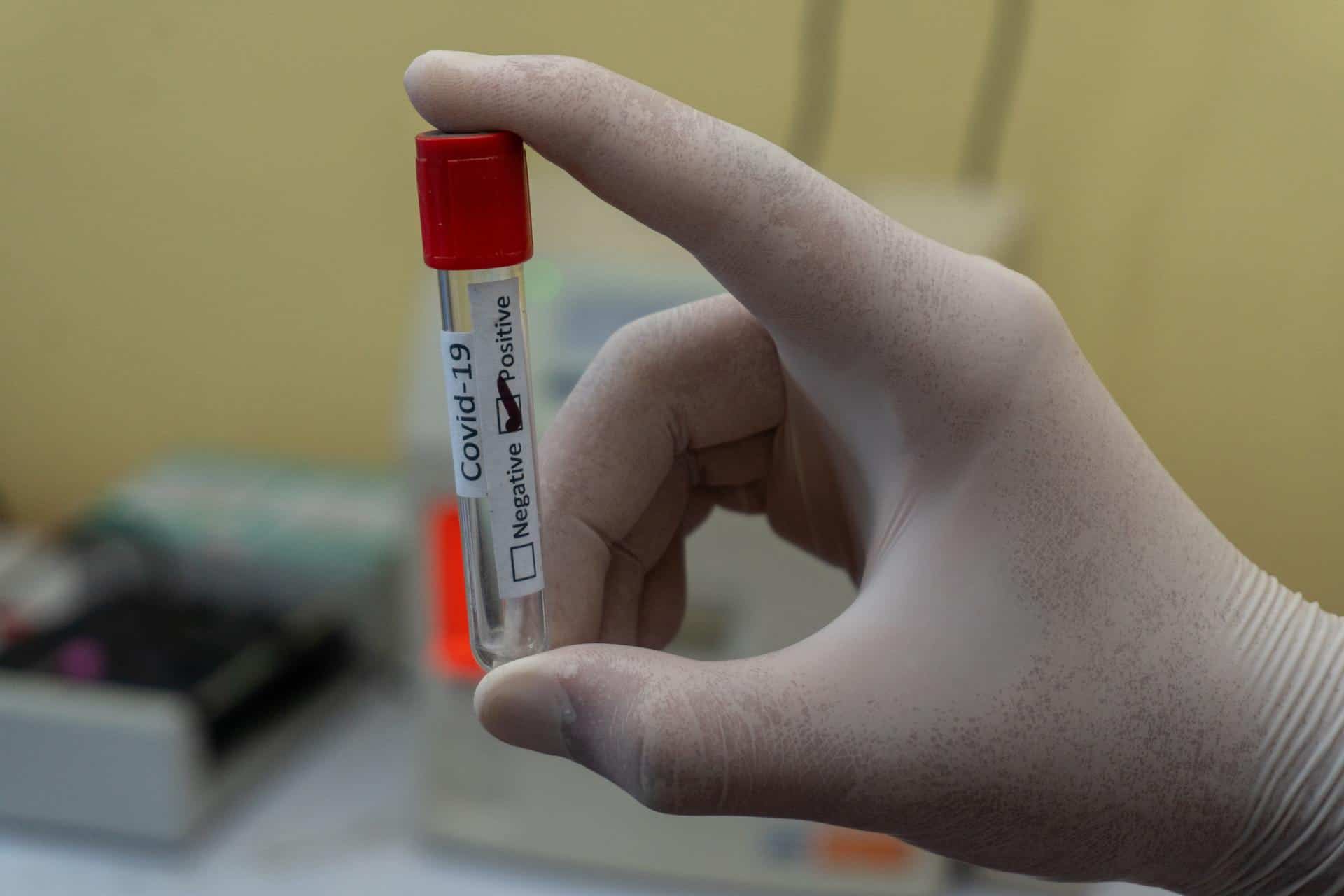PsyCorona: what have we learned so far?

In Spring 2020, the PsyCorona project was launched as part of a global community-driven effort to study psychological responses to COVID-19. The project involved an international collaboration of psychological scientists and members of the community, as we all experienced the pandemic and sought to understand our collective reactions to it. Volunteers completed the surveys, researchers analyzed the data, wrote reports, and submitted those reports for peer-review at scientific journals. Although the COVID-19 pandemic continues, the final follow-up survey has been shared with and the PsyCorona team is now exclusively focused on learning as much as possible from the data.
What the team sought to learn
The mission was to study the human side of the pandemic and to identify psychological patterns that might help people better prepare, respond, and cope with pandemics and their consequences. The global surveys let us examine how people of different cultures experience the pandemic. Thanks to the high participation rate in the follow-up surveys, the PsyCorona team was empowered to examine trends over time and across the different waves of the pandemic.
Results
Although the work is ongoing, the researchers have already gained insights and published some results. You can read the details on the Results section of the PsyCorona website (https://psycorona.org/results/). Here are some links to specific reports that were generated:
- Intergenerational conflicts of interest and prosocial behavior during the COVID-19 pandemic
- Cooperation and trust across societies during the COVID-19 pandemic
- Lives versus livelihoods? Perceived economic risk has a stronger association with COVID-19 protective measures than perceived health risk
- Associations of risk perception of COVID-19 with emotion and mental health during the pandemic
- Trust in government regarding COVID-19 and its associations with preventive health behaviour and prosocial behaviour during the pandemic: a cross-sectional and longitudinal study
What happens next
Although the pandemic is ongoing, there is now enough data to complete the project. This means the team will no longer ask for responses to more follow-up surveys and will instead focus on learning from the data there is. As new reports are published, the Results and Press sections of the website will be updated. You are invited to check in, once in a while, to see how prior efforts continue to add to the scientific study of this pandemic!
More news
-
15 September 2025
Successful visit to the UG by Rector of Institut Teknologi Bandung

